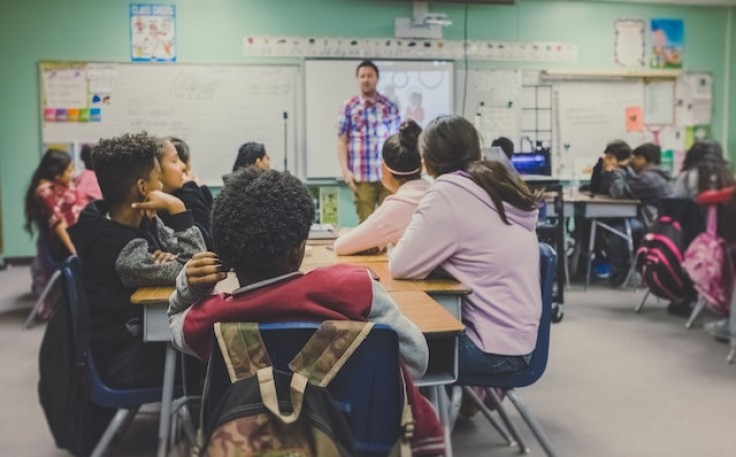
Florida's Department of Education has ignited a heated debate by granting approval for the use of videos that challenge the widely accepted scientific consensus behind climate change in classroom instruction. This controversial decision marks a notable departure from educational norms and raises concerns about its potential impact on students' understanding of critical environmental issues.
The contentious move comes on the heels of Florida Governor Ron DeSantis's administration introducing revised curriculum standards that have drawn intense scrutiny. These standards, which emphasize the "personal benefits" of enduring forced labor, have elicited a range of reactions and fueled discussions about the priorities and values embedded in education.
Prager University Foundation's Materials Integrated into Public School Curricula
At the heart of the controversy are videos produced by the Prager University Foundation, a conservative organization known for its dissemination of viewpoints that some experts argue distort established scientific facts. The decision to include PragerU materials in public school curricula has captured national attention as it is the first instance of a state permitting their use.
The videos, which have now been approved for integration into civics and government classes, have raised concerns among educators, researchers, and climate advocates alike. The worry stems from the potential for the videos to propagate misinformation among impressionable young minds, potentially shaping their understanding of environmental science based on contentious viewpoints.
Marissa Streit, CEO of PragerU, contends that the videos offer a counterbalance to what she perceives as an overwhelming left-leaning bias in educational environments. She argues that these materials provide an alternative viewpoint for students who may otherwise be exposed solely to what she terms "climate hysteria."
"Young kids are being taught climate hysteria. They're hearing that the world is coming to an end, and we think that there needs to be a healthy balance," Streit asserts.
However, critics of the decision caution that presenting climate denial as a legitimate perspective within the educational realm could inadvertently undermine the pursuit of accurate scientific knowledge. They argue that introducing misleading content into classrooms could erode the foundation of evidence-based understanding and potentially hinder informed decision-making in the face of pressing global challenges.
Debate Sparks Discussions About the Role of Classroom Material Selection
The decision to incorporate PragerU videos into civics and government classes has heightened concerns among researchers who fear the potential normalization of extreme viewpoints in educational settings. The videos' inclusion raises questions about the broader implications for classroom content, particularly with regards to the presentation of controversial subjects.
Cassie Palelis, spokesperson for the Florida Department of Education, maintains that the decision aligns with the state's updated civics and government standards. While the department asserts that the inclusion of PragerU materials is consistent with the curriculum's intended direction, the move continues to fuel a broader conversation about the role of ideological balance and accuracy in educational institutions.
As Florida embarks on this polarizing path, educators, parents, and activists remain deeply divided on the implications of this decision. While some applaud the emphasis on diverse perspectives, others express deep reservations about the potential consequences of introducing climate denial videos into classroom instruction. The ongoing debate highlights the ongoing struggle to strike a balance between open discourse, critical thinking, and the preservation of scientific integrity within the realm of education.